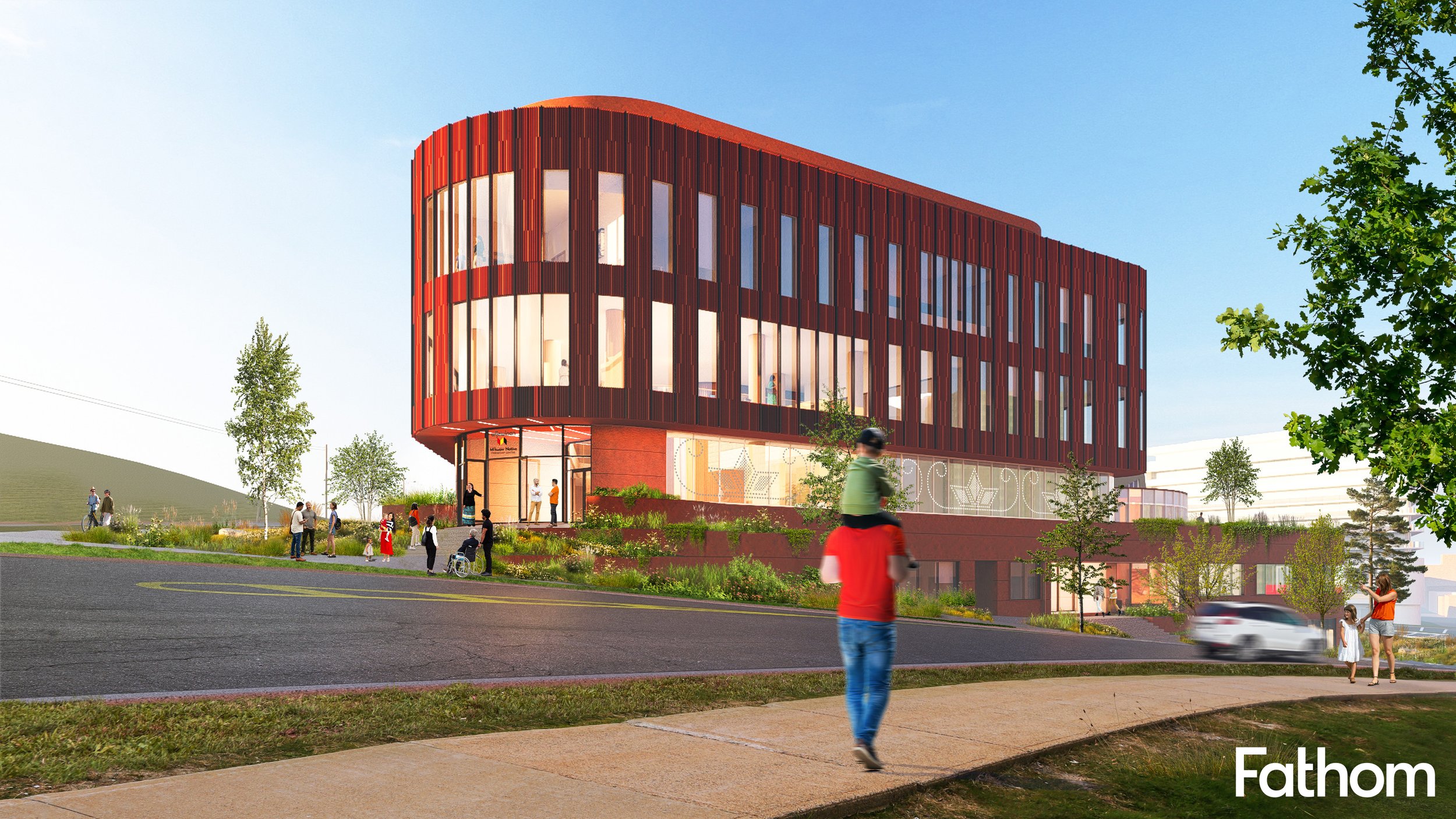
Pjila’si / Welcome
We are a non-profit and a charitable organization that provides culture-focused programs, services, and support to urban Indigenous people and their families in Halifax, Nova Scotia, since 1973.
MNFC Upcoming Events
Frequently Asked Questions
1. General Information
Q: What is a Friendship Centre?
A: A Friendship Centre is a non-profit, community-driven organization that provides culturally appropriate services and supports for Indigenous people living in urban areas. We are a safe, welcoming place for all First Nations, Inuit, and Métis people and their families.
Q: Who can access your services?
A: Our services are primarily for Indigenous people living in urban settings, but many programs are open to anyone in need. Contact us to learn more about specific eligibility.
2. Programs & Services
Q: What types of services do you offer?
A: We offer a wide range of services, including:
· Cultural programming
· Educational support & tutoring
· Employment & skills training
· Family & parenting support
· Food security initiatives
· Harm reduction services
· Health & wellness programs
· Housing & homelessness support
· Justice-related support
Q: Do you offer youth or elder-specific programs?
A: Yes! We provide tailored programming for youth, Elders, and families. Check our Programs page or contact us for current schedules.
3. Access & Eligibility
Q: How do I sign up for a program or service?
A: You can register by calling us, visiting in person, or using our online contact form. Some programs may have limited space or specific intake dates.
Q: Do I need ID or proof of Indigenous ancestry to access services?
A: We operate from a place of trust and respect. Some programs may have funder-specific requirements, but we aim to reduce barriers to access.
Q: Is everything free?
A: Most of our programs and services are free thanks to public funding and donations. Occasionally, special events may have a small cost, but we always work to keep things accessible.
4. Cultural & Community Programming
Q: What kinds of cultural programming do you offer?
A: We offer drum circles, language revitalization, traditional teachings, seasonal feasts, annual powwow dancing, Elder visits, and more.
Q: Are non-Indigenous people welcome to attend cultural events?
A: Absolutely. Our events are open to the broader community in the spirit of reconciliation, learning, and mutual respect.
5. Volunteering & Donations
Q: How can I volunteer with the Friendship Centre?
A: We welcome volunteers for events, food programs, cultural activities, and more. Visit our Facebook page or contact us for current opportunities.
Q: Can I donate?
A: Yes, thank you! We accept monetary donations, non-perishable food, hygiene products, and/or new/unused gifts. Please check out our Donate page or contact us to learn more.
6. Partnerships & Collaborations
Q: I represent an organization - how can we collaborate?
A: We love working with like-minded organizations. Please contact us to learn more.
7. Contact & Hours
Q: What are your hours of operation?
A: Our general office hours are 9AM – 4PM, Monday to Friday. Program times may vary - please check our calendar or contact us.
Q: Where are you located and how do I get there?
A: We are located at the corner of Brunswick and Cogswell Street - under the Brunswick Place building. We are accessible by public transit and have limited free parking available. See our Contact page for a map.

